
Funding
Rogue Valley Secures $6.7M CHIPS Act Funds
The investment will enable the full production of semiconductors by 2025.

Funding
The investment will enable the full production of semiconductors by 2025.
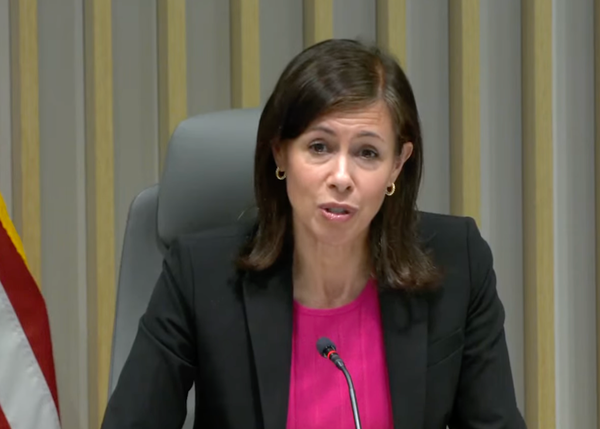
Cybersecurity
The agency said it blocked a Huawei lab from its device certification program last month.

Public Safety
The new law specifically prohibits U.S. entities from maintaining a website or application operated by TikTok's owner ByteDance.
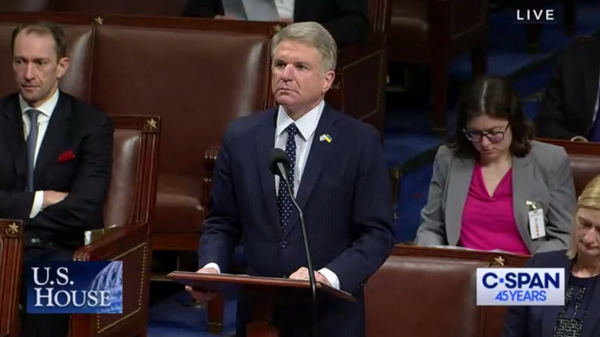
Public Safety
The TikTok ban was incorporated in the comprehensive foreign aid package that was approved on Saturday.

Expert Opinion
Participants in the Secure and Trusted Communications Networks Reimbursement Program are perilously close to depleting their allocations.
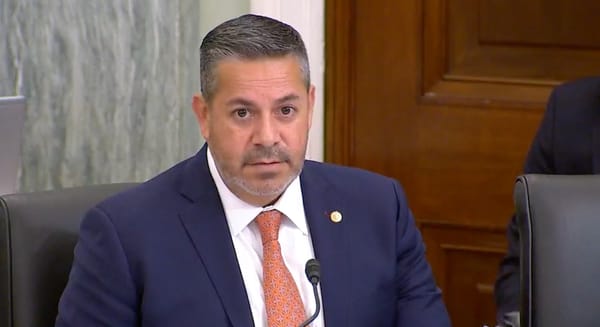
Spectrum
Democratic lawmakers supported using proceeds to fund the Affordable Connectivity Program.
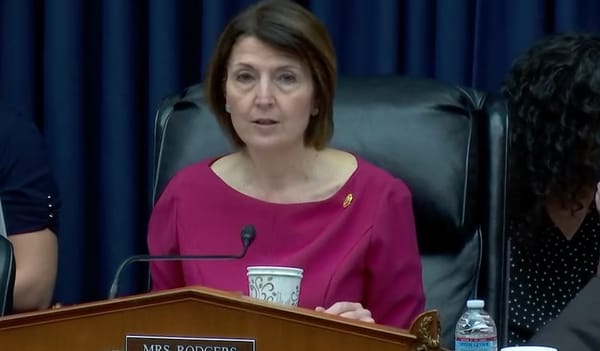
Communications Security
The bills deal with network security and studying 6G technology.
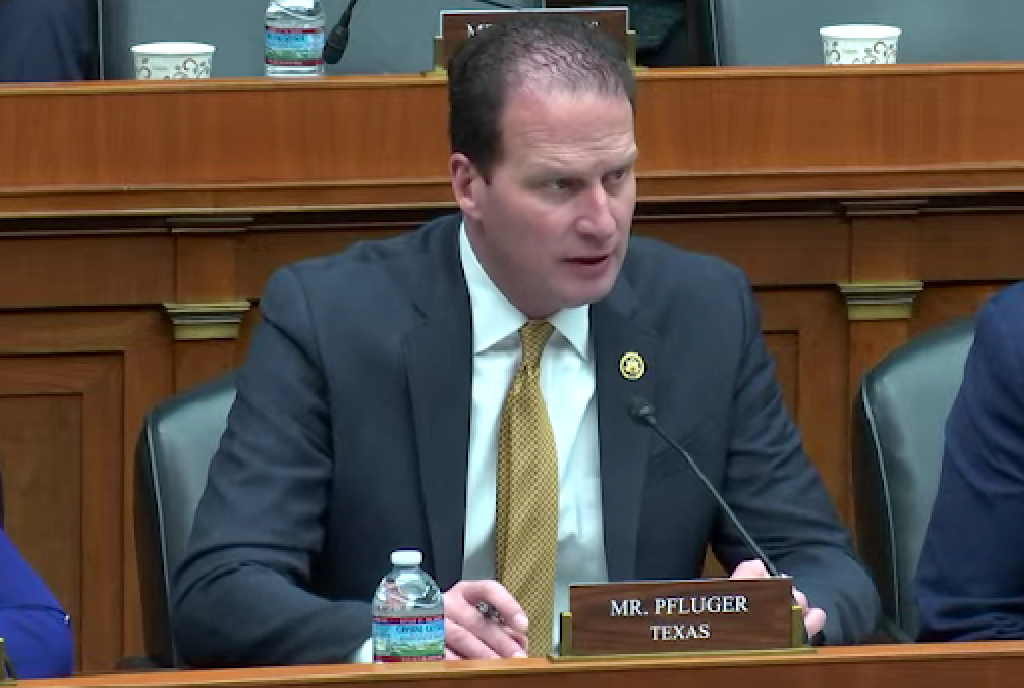
FCC
The bills focus on thwarting potential efforts by China to exploit security vulnerabilities in networks.

Infrastructure
Since 2022, companies have had to amortize R&D expenses over a 5-year period.

china
The trade groups argue that carriers initiated the 'rip and replace' procedure with the expectation of full reimbursement.

china
Congress appropriated $1.9 billion, but with $4.98 billion in applications, there is a $3.08 billion shortfall.

Expert Opinion
The Affordable Connectivity Program and the Rip-and-Replace program are both central funding needs for the industry.

Cybersecurity
The $3 billion shortfall was first flagged by the FCC in July 2022.

Expert Opinion
A national privacy standard would ensure a baseline set of protections and would restrict companies from storing and selling personal data.

AI
China will need to manufacture advanced chips domestically if it wants to continue researching and implementing AI.

AI
Limited foreign investment includes on technologies such as semiconductors and AI.